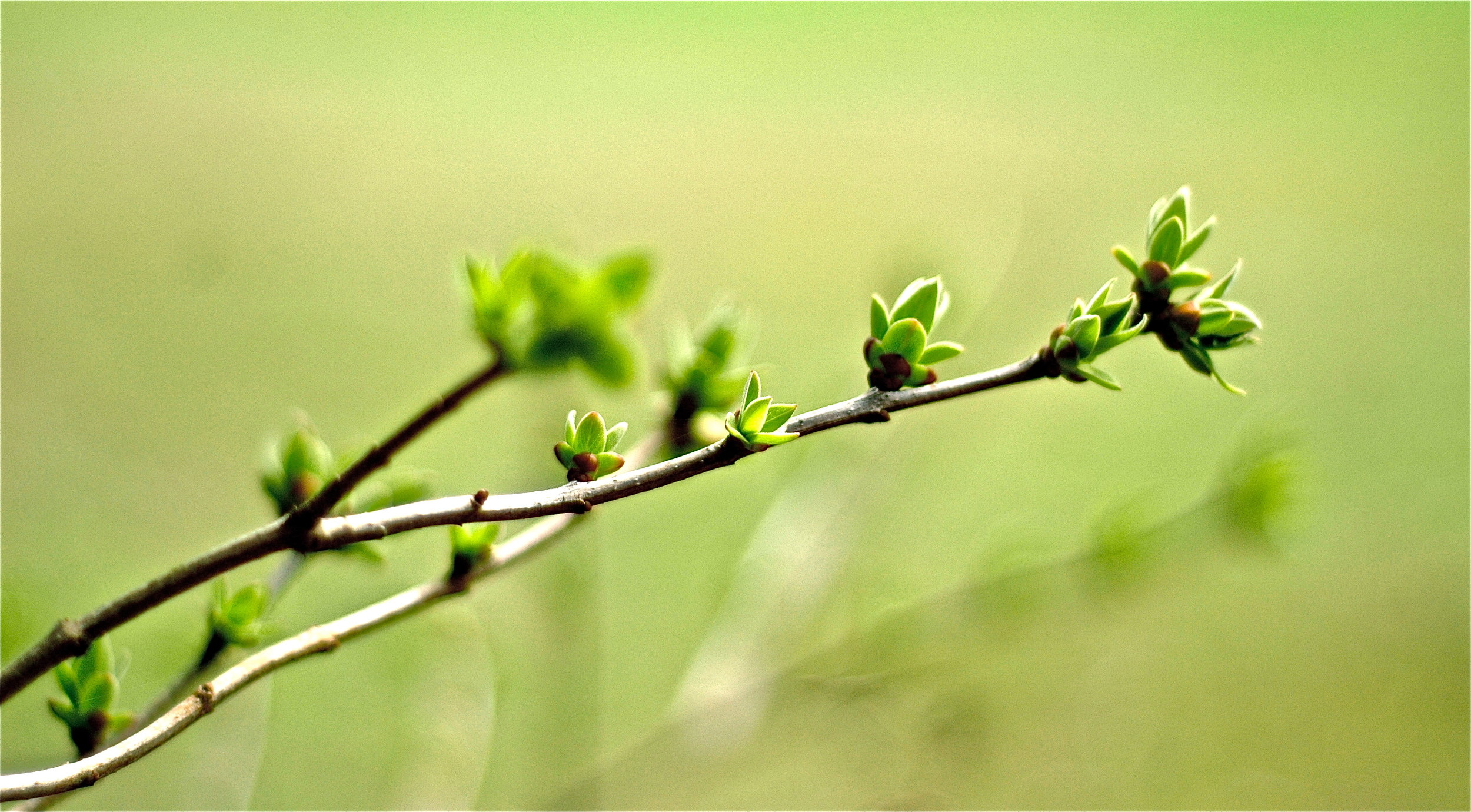Forms of Love
William Coleman
 The British newspaper The Guardian recently invited a handful of writers to discuss the words that they cherish the most. “One of my favorites is the Cumbrian word glisky,” wrote novelist Sarah Hall, “meaning a kind of bright flashing light that you get after it has rained, when all the surfaces are wet and reflecting.”
The British newspaper The Guardian recently invited a handful of writers to discuss the words that they cherish the most. “One of my favorites is the Cumbrian word glisky,” wrote novelist Sarah Hall, “meaning a kind of bright flashing light that you get after it has rained, when all the surfaces are wet and reflecting.”
Aminatta Forna, a Scottish-born writer, described an Orkney word: “Plitter: to play about in water, to make a watery mess.”
Clot, claret, nesh, thrawn, slipe, whiffle-whaffle: all were extolled. (Will Self lovingly recalled a compound word that formed a complete thought: “Pipe-down!,” one of his father’s “interwar slang expressions that are long departed from the common lexicon.”)
The chance to luxuriate in the materials of one’s craft is irresistible; reviewing The Guardian’s feature, New Yorker writer Rebecca Mead could not help but tender a richly branching sentence concerning a word she holds dear:
I cannot say the word ‘procrastinate’—a useful word for a writer—without hearing embedded therein 'cras,' the Latin word for 'tomorrow,' which, St. Augustine noted, sounded like the croaking cry of the dilatory raven that was sent from the ark and never came back.
My wife, a writer, could not even let me finish describing The Guardian’s assignment. “Luscious!” she exclaimed. And then, slowly, “luminous.” And finally, “Frangelica. It’s fun to say.”
According to the compendium Favorite Words of Famous People, the first word the exuberant stylist Nicholson Baker loved to say was broom. From there, the list evidently grew so quickly and lavishly, it required the most exquisite attention:
Of abstract nouns containing the letter l, my favorites are 'reluctance' and 'revulsion.' The ‘luct’ in 'reluctance' functions as an oral brake or clutch ('clutch' and 'luct' being sonic kin), making the word seem politely hesitant, tactful, circumspect—willing to let the hired tongue have its fun before completing its meaning.
Ocean is one of the words I love most. I love the surging sounds it makes: from the slow, enfolding swell in Seamus Heaney’s Beowulf, when the forlorn men watch Shield Sheafson’s funeral pyre disappear “far on out into the ocean’s sway,” to the menacing rush that occurs when the word, amassing an extra syllable in the mouth of Henry V, overtakes the bounds of our modern ears:
Once more unto the breach, dear friends, once more, Or close the wall up with our English dead! In peace there’s nothing so becomes a man As modest stillness and humility, But when the blast of war blows in our ears, Stiffen the sinews, summon up the blood, Disguise fair nature with hard-favored rage, Then lend the eye a terrible aspect, Let pry through the portage of the head Like the brass cannon, let the brow o'erwhelm it As fearfully as doth a gallèd rock O'erhang and jutty his confounded base, Swilled with the wild and wasteful ocean.
There’s no telling what Shakespeare himself would have written in response to The Guardian’s query. But if frequency of contact is an indication of affection, it is worth noting, as Brad Leithauser did in a 2013 New Yorker piece, that sweet and its kin appear in The Complete Works close to a thousand times. A search of the Shakespeare concordance on OpenSource Shakespeare reveals a word that arrives with nearly the exact same frequency: time. Joining that pair is think. Good arrives three times as often, as do thou and shall. Death (918) and life (890) are separated merely. And all are surpassed by the forms of love.







